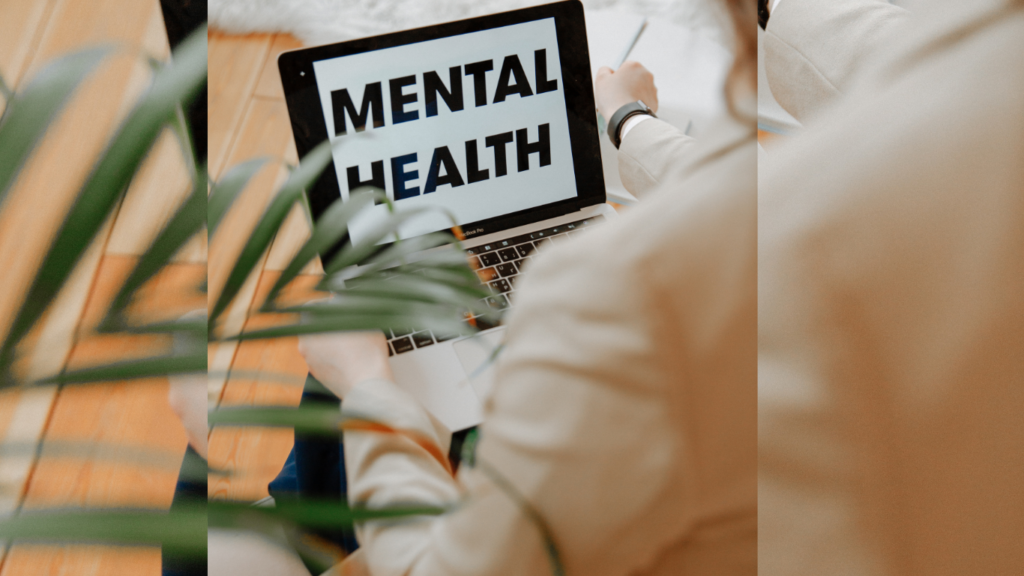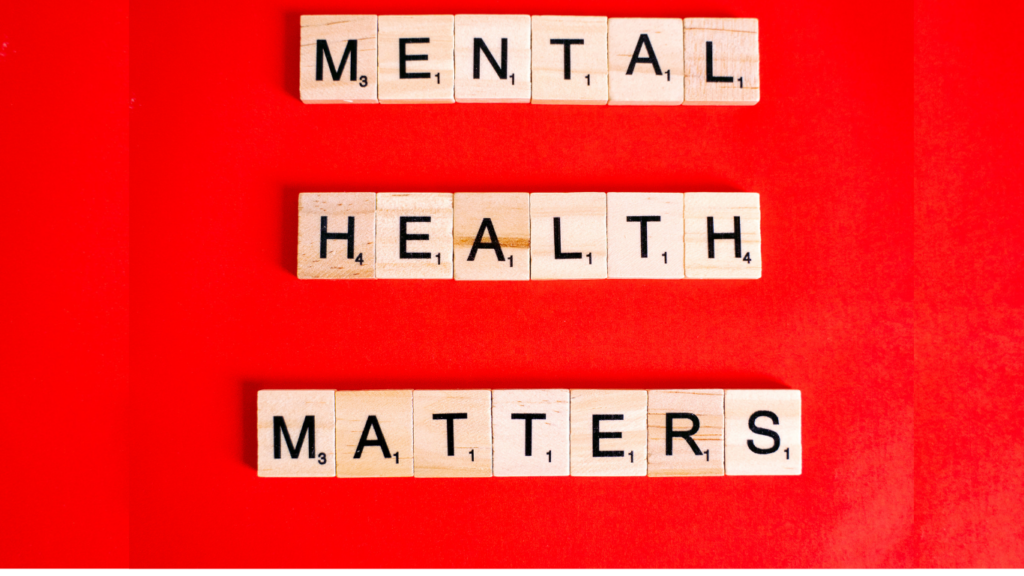The Mental Health Crisis: A Rising Concern
Surveying the Scope: Prevalence and Statistics
Exploring the prevalence and statistics surrounding the mental health crisis is crucial to understanding the full scope of the issue.
Data shows that mental health conditions affect a significant portion of the population, with around 1 in 5 adults in the United States experiencing mental illness in a given year.
These statistics underline the magnitude of the problem and emphasize the importance of addressing mental health issues on a broader scale.
At-Risk Populations: Youth and Minority Groups
Among the at-risk populations, youth and minority communities stand out as particularly vulnerable to mental health challenges.
Research indicates that half of all mental illnesses begin by age 14, highlighting the importance of early intervention and support for young individuals.
Additionally, minority groups often face disparities in accessing mental health services, leading to higher rates of unmet mental health needs.
Recognizing these disparities is crucial in developing targeted strategies to provide inclusive and equitable mental health care for all.
Understanding the Stigma Around Mental Health
As I delve deeper into the mental health landscape, it’s crucial to address the stigma surrounding mental health issues. Stigma can act as a significant barrier that prevents individuals from seeking the help they need.
When people feel ashamed or judged for their mental health struggles, they are less likely to reach out for support, worsening their condition over time.
1. How Stigma Prevents Seeking Help
Stigma creates a culture of silence and shame around mental health, making individuals reluctant to talk about their struggles or seek professional help.
It fosters misconceptions that mental illness is a sign of weakness or that seeking therapy is unnecessary.
As a result, many people suffer in silence and do not get the treatment they need to manage their mental health effectively.
2. Combatting the Myths with Education
To combat these harmful myths and misconceptions, education plays a vital role in raising awareness and promoting understanding of mental health issues.
By providing accurate information about mental health, we can empower individuals to seek help without fear of judgment.
Educating the public about the biological basis of mental illnesses and the effectiveness of treatments can help break down stigma and encourage more open conversations about mental health.
Factors Contributing to the Mental Health Crisis
As I explore the factors contributing to the mental health crisis, it’s crucial to analyze the various influencers that shape individuals’ well-being.
Let’s dive into key elements that play a significant role in the rising trends of mental health challenges:
1. The Role of Social Media and Technology
In today’s digital age, social media and technology have become integral parts of our lives.
From constant connectivity to unrealistic portrayals of lifestyles, these platforms can impact mental health
- Media
- technology
- mental health.
2. Economic Stress and Uncertainty
Economic stress and uncertainty are major contributors to mental health concerns.
- Financial instability
- job insecurity
- and the pressure to meet basic needs
can significantly impact one’s mental well-being. Economy, stress, mental health.
3. The Impact of Isolation and Loneliness
Isolation and loneliness are prevalent issues that can have severe consequences on mental health.
The lack of social connections, whether due to physical isolation or emotional detachment, can exacerbate feelings of depression and anxiety. Isolation, loneliness, mental health.
The Strain on Mental Health Services

Funding and Resource Limitations
Addressing the strain on mental health services entails acknowledging the critical issue of funding and resource limitations.
Inadequate financial support and scarce resources exacerbate the challenges faced by individuals seeking mental health assistance, prolonging wait times and limiting access to quality care.
As a result, many mental health facilities struggle to meet the increasing demand for services, hindering the timely and comprehensive treatment of individuals in need.
The Need for a Larger Workforce
One significant aspect contributing to the strain on mental health services is the pressing need for a larger workforce.
The shortage of mental health professionals, including psychiatrists, psychologists, and counselors, presents a barrier to delivering timely and personalized care to those grappling with mental health concerns.
By expanding the mental health workforce through recruitment, training, and retention efforts, we can enhance service capacity and ensure that individuals receive the support they need promptly.
Promising Solutions and Interventions
Holistic Approaches to Care
In addressing the rising mental health challenges, it’s crucial to consider holistic approaches to care.
This involves treating individuals not just based on their symptoms but looking at their overall well-being, including physical, emotional, and social aspects.
By adopting holistic practices, healthcare providers can offer more comprehensive and personalized support to individuals struggling with mental health issues.
Integrating therapies like mindfulness meditation, yoga, and art therapy alongside traditional treatments can help individuals foster resilience and improve their overall mental wellness.
Policy Changes and the Role of Public Health
Policy changes play a significant role in tackling the mental health crisis.
Governments and public health authorities need to prioritize mental health by allocating sufficient resources, developing effective policies, and implementing programs that support mental well-being.
By integrating mental health education into school curricula and workplaces, raising awareness through public campaigns, and reducing barriers to mental health services, policymakers can create a more supportive environment for individuals seeking help.
Moreover, investing in community mental health centers, telehealth services, and crisis intervention programs can enhance access to timely and quality care for those in need.
Collaborating with stakeholders across sectors to address social determinants of mental health can also contribute to a comprehensive and sustainable approach in combatting the rising trends in mental health issues.



 Vanessally Crawfordone (Founder & Editor-in-Chief)
Vanessally Crawfordone is the founder and Editor-in-Chief of The Vital Insight Hub. Her leadership and dedication to journalistic excellence have set the foundation for the platform’s mission: delivering accurate, timely, and insightful news. As Editor-in-Chief, Vanessally ensures that the site maintains its high editorial standards, overseeing the content and guiding her team to provide readers with trustworthy news coverage.
Vanessally Crawfordone (Founder & Editor-in-Chief)
Vanessally Crawfordone is the founder and Editor-in-Chief of The Vital Insight Hub. Her leadership and dedication to journalistic excellence have set the foundation for the platform’s mission: delivering accurate, timely, and insightful news. As Editor-in-Chief, Vanessally ensures that the site maintains its high editorial standards, overseeing the content and guiding her team to provide readers with trustworthy news coverage.

